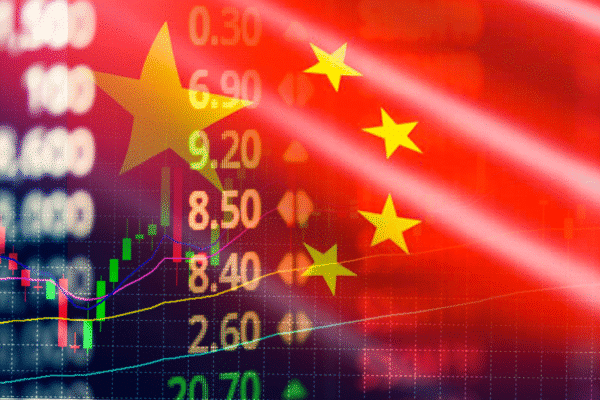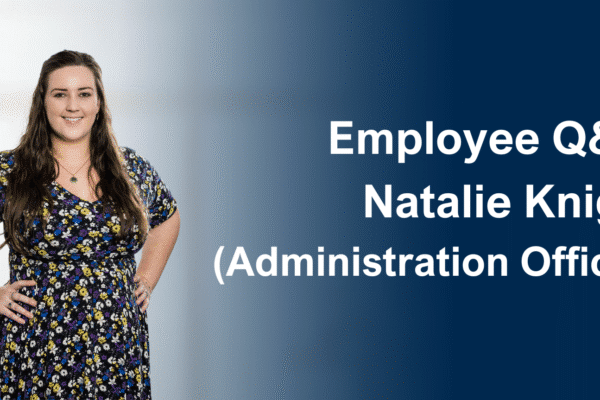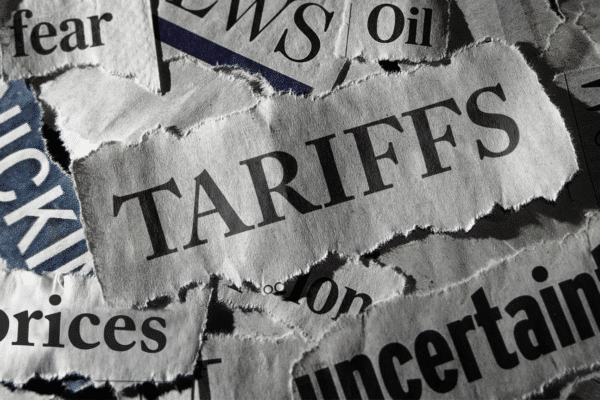
Key drivers of investment between Australia and Japan
30.4.2024Australia and Japan’s trade and investment partnership traces back to the mid-19th century. From the initial exchange of coal to today’s intricate network of investments spanning various sectors, the ties between these two nations have evolved significantly. The bilateral relationship between Australia and Japan has not only endured but flourished. In 2023 alone, the two nations saw 53 cross-border mergers and acquisitions (M&A) transactions and the establishment of 38 new partnerships. Japan also continued its position as one of the largest sources of FDI for the country. Read on for more about the key investment drivers that will continue to drive this relationship into the future. With our deeply experienced team and Clairfield International partnership, InterFinancial is uniquely positioned to support mid-market looking to do business between Australia and Japan.
Trading partners since 1865
Australia and Japan have a strong history of trade and investment dating back to the 19th century. Coal was the first recorded traded commodity from Australia to Japan in 1865 and throughout the rest of the century, Australia added exports such as wool and minerals, while Japan supplied silk and manufactured goods to Australia. Fast forward to today and Australia is the single largest provider to Japan of industrial raw materials and energy, with eighty-eight per cent of Japan’s energy coming from imported energy sources. Japan and Australia have always prioritised energy. The focus has now shifted to energy security, decarbonisation, and enhanced supply-chain security, driven by climate change concerns.
By the numbers*
- 53 M&A transactions and 38 new partnerships in 2023
- A$133.8 billion foreign direct investment from Japan into Australia in 2023
- 12% Japanese investment as a percentage of total foreign investment
- 3rd largest source of foreign direct investment in Australia
- 2nd largest trading partner ($143.3 billion) and 2nd largest export destination ($115 billion)
*Australian Bureau of Statistics, 2023
Key investment drivers
Several factors have driven, and will continue to drive, this strong and reliable investment relationship:
- A strong bilateral relationship: Strong relationships form the cornerstone of Japanese investment in Australia, both on personal and national levels. The deep bond between Australia and Japan is rooted in their complementary economies, extensive social connections, and collaborative efforts in diplomacy and security. Together, they share a commitment to stability, peace, and fostering inclusive regional cooperation.
- Supply chain security
- Energy supply security: Energy supply security has been the driving force in Japanese investment since coal was first exported in 1865. Today Japan is reliant on 80% imported fossil fuels for its energy uses and Australia is the largest supplier. Australian energy exports account for just over 33% of Japan’s energy needs. LNG (41%), thermal coal (64%), and uranium (33%). Coal and LNG accounted for 74% of Australia’s exports to Japan in 2023.
- Critical minerals supply: Australia is an emerging source of critical minerals (nickel, manganese, cobalt, alumina and lithium) and rare earths for the Japanese market.
- Food supply security: Since 1965 Japan’s food self-sufficiency rate has decreased from 65% to 37%. Australia exports significant quantities of beef, seafood, dairy products, barley, wheat and fruit and vegetables to Japan.
- Yen carry trade: Historically a country of high savers and low interest rates, Japanese companies for decades have had access to cheap funding to fuel their international investments.
- Demographics: A decreasing population and shrinking market at home has been a catalyst for Japanese companies to look offshore for new markets and growth opportunities.
- Long history of investment and custodianship: Japanese companies have a long history and shared experience of investing in Australia. They have shown themselves to be high-quality long-term custodians of assets.
- Low political risk: Australia presents low political risk and has strong institutions supporting government-backed sustainable investment.
Strongest areas of investment between Australia and Japan
The strong trade and investment partnership between Japan and Australia is going from strength to strength. As we both navigate the complexities of the global economy and pursue opportunities for collaboration, our relationship will continue to thrive and bring opportunities to both economies.
The mid-market is particularly active with several deals already underway this year. There are seven key sectors that will see the most M&A activity:
- Mining, Energy and Resources
- Renewable Energy
- Software and technology
- Financial Services
- Real Estate and Housing
- Consumer and business services
- Infrastructure and Construction
Our international experience and how we can help
InterFinancial’s team is uniquely positioned to help support mid-market M&A and investment opportunities between Japan and Australia. With international industry and M&A experience, as well as on-the-ground experience in Japan and Asia, we deeply understand the opportunities and challenges for businesses looking to build ties between Australia and Japan.
In 2023, InterFinancial advised iVolve on their sale to Japanese multinational Komatsu.
“Working with such great advisors and shareholders means that we are set up to build the future the whole iVolve team has been working towards.” said Kim Parascos, CEO and co-founder of iVolve.
Through our Clairfield International Partnership, we work closely with our colleagues from Yamada Consulting Group, a leading consulting and advisory company with offices in all major Japanese cities, as well as in China, Singapore, Thailand, Vietnam, Indonesia, Malaysia, India and the US (Los Angeles). In operation for more than 35 years, Yamada completes approximately 100 transactions per year.
InterFinancial Director, Shaun Conroy has investment banking and financial services experience across New Zealand, Australia, Hong Kong, and Japan, and has twenty-three years of on-the-ground experience in Asian markets.
Shaun says, “Japan will continue to be a solid trade and investment partner for Australia in 2024 and beyond.”
“Working together with our partners at Yamada, we’re helping Australian and Japanese businesses come together to solve some of the greatest global challenges, such as the growing demand for critical minerals, the need for investment in cyber-security and solving supply chain issues in housing construction. It’s an exciting time ahead.”
If you’re interested in understanding more about the Japanese market, investment, growth or M&A opportunities with Japan, please contact us.










